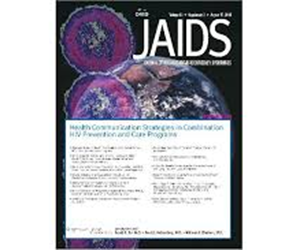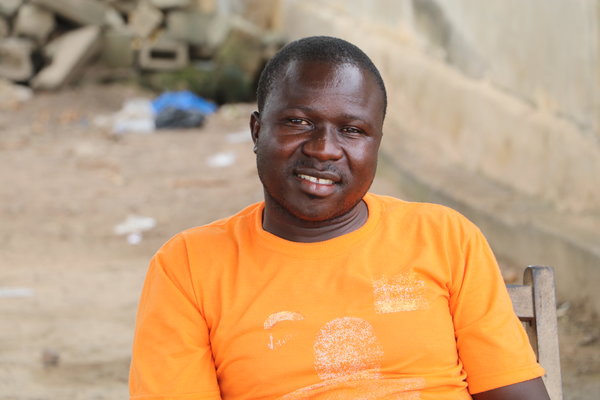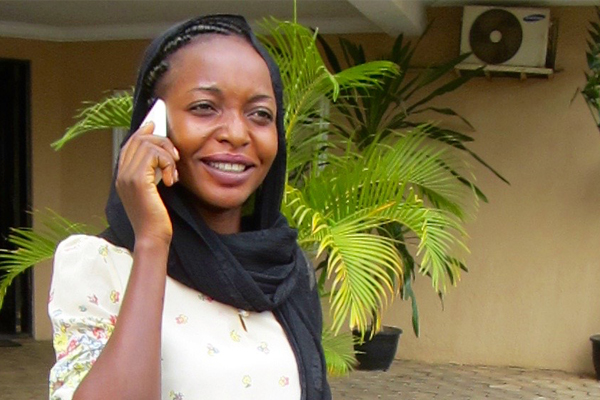The Journal of Acquired Immune Deficiency Syndromes (JAIDS) released today a special supplement devoted entirely to health communication and its role in HIV prevention and treatment. The supplement was sponsored by the Health Communication Capacity Collaborative (HC3), which is funded by the U.S. Agency for International Development (USAID) through the U.S. President’s Emergency Plan for AIDS Relief(PEPFAR) and led by Johns Hopkins Bloomberg School of Public Health Center for Communication Programs (JHU∙CCP). Faculty from the School contributed significantly to the special supplement, which resulted from discussions at an HIV expert consultation held by JHU∙CCP last summer.
“When implemented strategically and integrated with other public health interventions, we know health communication works and we have evidence to support it,” said David Holtgrave, PhD, Director of the Department of Health, Behavior and Society at JHSPH and co-editor of the supplement.
Articles range from defining health communication and its uses in the HIV continuum of care to strengthening the measurement of health communication programs.
“We are very excited that JAIDS has dedicated an entire supplement to sharing the significant research in support of the critical role that health communication plays in achieving HIV prevention and treatment outcomes,” said David Stanton, USAID’s Office of HIV/AIDS Director. “USAID is dedicated to the goal of creating an AIDS-free generation, and we recognize that bridging the gap between biomedical experts and health communication practitioners will boost the impact of our programs to achieve that goal.”
HC3 held a consultation one year ago to convene international experts representing multiple sectors, geographic regions, and perspectives; and foster a multidisciplinary dialogue on the impact of health communication on combination HIV prevention.
In addition to Holtgrave, supplement authors include Sten Vermund, MD, PhD, Director of the Institute for Global Health at Vanderbilt University; Kim Seifert-Ahanda, Senior Behavior Change Advisor, USAID Office of HIV/AIDS; Stefan Baral, MD, Director of the Key Populations Program at JHPSH; and Blair T. Johnson, PhD, Professor of Psychology at the University of Connecticut.
Before being highlighted at a satellite session at the 20th International Conference on HIV/AIDS later this month in Melbourne, Australia, the JAIDS supplement will be the subject of a breakfast briefing July 15 at the National Press Club in Washington, DC. To register for the Press Club event, please visit https://jaids-release-national-press-club.eventbrite.com.
JHU∙CCP optimizes the power of communication to improve health and save lives. JHU∙CCP was established in 1988 in recognition of the pivotal role communication plays in the way people think and behave about health and development issues. It is a Center within the Department of Health, Behavior and Society at JHSPH. JHU∙CCP has active programs in more than 30 countries worldwide as well as in the U.S.
HC3 is designed to strengthen developing country capacity to implement state-of-the-art health communication programs. Among the important health areas addressed by HC3 are family planning and reproductive health, child survival, maternal and child health, HIV and AIDS, malaria, tuberculosis and other infectious diseases, and non-communicable diseases. It is led by JHU∙CCP in collaboration with Management Sciences for Health, NetHope, Population Services International, Ogilvy Public Relations, Forum One Communications and Internews. HC3 is also linked to a network of organizations throughout Africa, Asia and Latin America.
For more information, contact:
Kim Martin
410-223-1605





